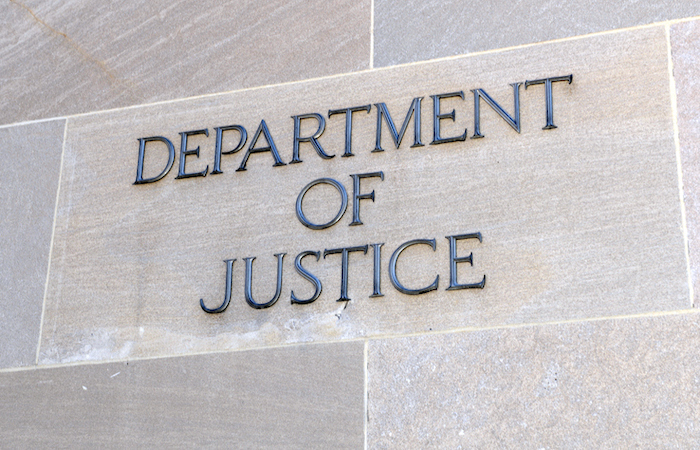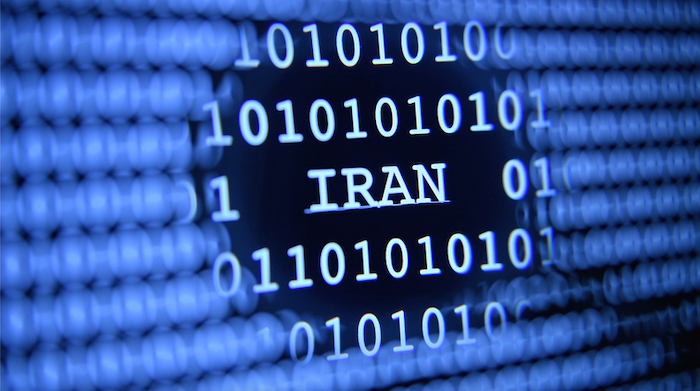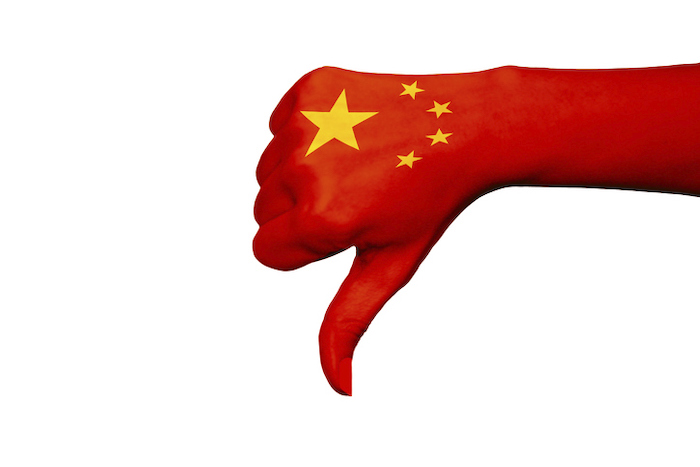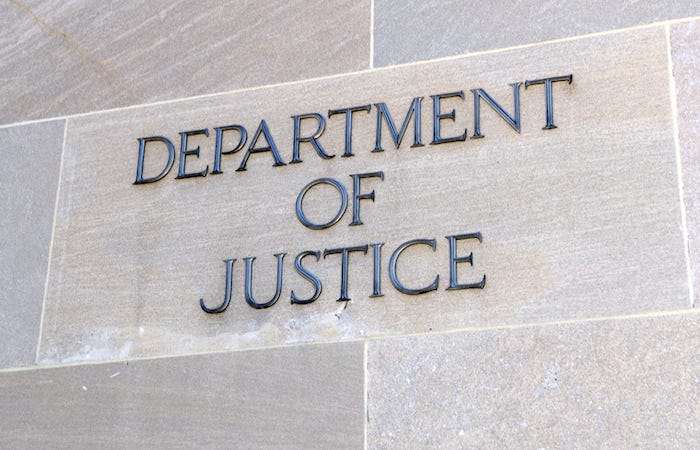DOJ’s “big tech” week

What’s new: The Department of Justice is providing Congress with draft legislation on Section 230 and is providing states with an outline of a potential antitrust case against Google.
Why this matters: Section 230 — as we’ve covered extensively here on The Sync — is the tech industry’s key liability shield and “Big Tech” has been waiting to hear more about the government’s antitrust strategy.
Key points:
-
The draft legislation was sent on Wednesday, accompanied by a statement from AG William Barr, urging lawmakers to “begin to hold online platforms accountable both when they unlawfully censor speech and when they knowingly facilitate egregious criminal activity online.”
-
This proposal is a more mature version of the proposed changes to Section 230 the Department issued earlier this year and is specifically aimed at clarifying the meaning of key provisions and generally narrowing the areas where liability protections apply.
-
IRT antitrust, DOJ is meeting with state attorneys general about its imminent lawsuit against Google, which may be filed as soon as next week.
-
According to multiple reports, DOJ’s investigation is now focused on the company’s dominance of online search.
-
The DOJ effort is currently separate from antitrust investigations by several state attorneys general, led by Texas Attorney General Ken Paxton.
-
It is unclear if the state AGs will join DOJ’s lawsuit.
What we’re thinking: With a likely nominee to the Supreme Court, a presidential election, and who-knows-what after that, changes to Section 230 are not likely in the near-term. But, regardless of who’s in the White House next, both parties have identified the law as ripe for reform and have a host of proposals on the shelf for consideration. This isn’t going away and the DOJ proposal offers some serious changes that are worthy of consideration. When it comes to antitrust, we’re just waiting to see what the charges are and what, if any, evidence is provided in support.
What (we think) is the latest on TikTok

What’s new: The deal is on! The deal is off. POTUS approves! POTUS says, “We won’t do the deal.”
Why this matters: Concerns about how Chinese technology companies use and protect the data of American users are linked with critical social, economic, political, and national security interests.
Key points:
-
Throughout the week, multiple stories have claimed Oracle and Walmart have a deal with China’s ByteDance to become a “trusted partner” and to manage TikTok’s US operations and data.
-
These same reports say the White House has also blessed the deal.
-
At the same time, just as many stories are claiming the deal is falling apart and that the Administration is ready to kill the whole thing.
What we’re thinking: We’re increasingly convinced this deal is not going to happen and that the confused reporting is a product of various stakeholders trying to shape the narrative by negotiating in public. At the bottom of it all, neither Washington nor Beijing is likely to accept a deal that the other would agree to — the interests are just too diametrically opposed. The US cannot allow Chinese control due to the inherent risk to US data and China will not set the precedent of being forced to sell one of its marque tech companies. Somebody queue up “Taps,” this deal is dying.
A “dark web” dragnet

What’s new: An international law enforcement effort has arrested 179 people operating on the so-called “dark web,” according to Wired Magazine.
Why this matters: “Operation Disrupter” is an unprecedented action and traces its roots to last year’s takedown of Wall Street Market, a popular underground drug bazaar.
Key stats and points:
-
500 kilograms of drugs seized
-
$6.5 million in cash and cryptocurrency confiscated
-
179 arrests across six countries
-
120 arrests in the US
-
Speaking about how the Wall Street Market takedown led to Operation Disrupter, a Europol spokesperson said, “It provided us with all the information which led to the identification of those arrested today … We collected the information and then we sent out what we call intelligence packages to all the concerned countries.”
What we’re thinking: Nice work; but, we can’t help but think of the scene below whenever we think of international law enforcement “cooperation.”
Iranian hackers get hacked, then sanctioned

What’s new: A group of Iranian hackers is getting hit with new US sanctions after having their tools stolen and published on the internet two years ago.
Why this matters: We don’t like Iranian hackers and we’re happy to highlight their misfortunes.
Key points:
-
The Treasury Department announced new sanctions against members of Iran’s cyber intelligence forces, specifically members of Tehran’s Ministry of Intelligence and Security (MOIS).
-
The sanctioned hackers worked for a front company called the Rana Intelligence Computing Company. (A little too on-the-nose, don’t you think?)
-
According to Treasury, the hackers “employed a years-long malware campaign that targeted Iranian dissidents, journalists, and international companies in the travel sector.”
-
Interestingly, Rana’s hacking tools were stolen and leaked onto the internet in October 2018 — quickly making their way through the internet security community.
What we’re thinking: We’re happy to see these sanctions and happy that the US continues to turn the screw on Iranian cyber threats. There have been some suggestions that a rival Iranian organization is responsible for hacking Rana. Or, those suggestions may simply be misdirection by the real perpetrators intending to sow more confusion and distrust in Tehran. We’re good either way.
Facebook boots Beijing’s election interference

What’s new: Facebook says it detected and removed a small but targeted Chinese effort to influence the US election.
Why this matters: Industry and government officials have all warned that multiple nations are trying to interfere and influence the US presidential election — amplifying concerns about American political institutions.
Key points:
-
Facebook says the campaign took actions to both hurt and help President Trump and former Vice President Joe Biden.
-
The campaign, according to the New York Times, consisted of fake accounts pushing real and fake stories about the American and Philippine politics as well as about China’s actions in the South China Sea.
-
The social network says the campaign originated and was coordinated in China but stopped short of linking it with the government in Beijing.
-
The effort gained more than 133K followers, but only 3K US accounts were following it.
-
“They were focused on driving division,” said a Facebook spokesperson. “The engagement with the US was both nascent and limited. It was both supportive and critical of the major political candidates in the US.”
What we’re thinking: Stories like these are a double-edged sword. On the one hand, it raises public awareness and demonstrates how some tech companies are working to secure US elections. On the other hand, it will provide specific examples for any campaign that wants to claim it has been unfairly disadvantaged by foreign influence — making protracted election outcomes more likely.







Please note that we at The Dispatch hold ourselves, our work, and our commenters to a higher standard than other places on the internet. We welcome comments that foster genuine debate or discussion—including comments critical of us or our work—but responses that include ad hominem attacks on fellow Dispatch members or are intended to stoke fear and anger may be moderated.
With your membership, you only have the ability to comment on The Morning Dispatch articles. Consider upgrading to join the conversation everywhere.